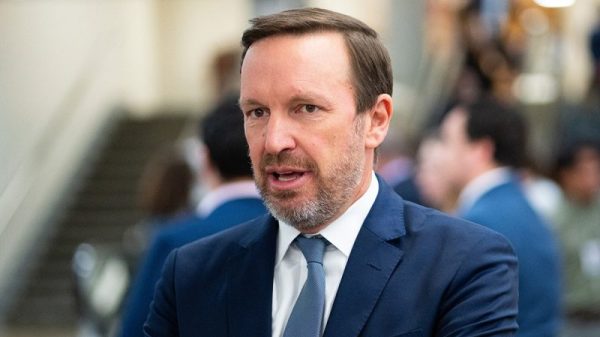
The UK is rejecting record numbers of visa applications, raising fears that tightening immigration rules could choke off the flow of international talent needed by British businesses.
Fresh analysis of Home Office data by immigration consultancy Immpact shows that more than 664,000 applications for work, student, family and visitor visas were turned down in the 12 months to September 2024. Within that, workers from India, Pakistan, Nigeria, Ghana and Zimbabwe faced the highest number of refusals, while applicants from Bangladesh, Ghana, Pakistan, Nigeria and Kenya had the lowest success rates statistically for work visas.
India topped the table with more than 10,500 rejections, while France — the only European country in the top 20 — saw just 42 refusals out of 5,378 applications, underlining the uneven treatment between neighbouring states and those further afield.
The figures come as businesses across sectors from healthcare to technology warn of mounting labour shortages. Employers argue that Britain’s rigid visa system, combined with higher salary thresholds, is making it harder to recruit overseas staff at a time when domestic unemployment is rising and skills gaps are widening.
Jonathan Beech, managing director of Immpact, said the rise in refusals reflected a deliberate tightening by the government. “The most common reasons for refusals, regardless of nationality, include insufficient funds, inaccurate or misleading information, lack of genuine ties to the home country, criminal records, and documentation issues,” he said. But he warned that the complexity of the system was catching out genuine applicants: “Around 70 per cent of applicants still handle their own submissions, and that leaves many exposed to rejection.”
Immpact estimates the Home Office retained £125 million in fees from refused applications over the period, raising concerns that the system is generating revenue from unsuccessful bids while leaving employers without much-needed staff.
The pattern of rejections is also shifting. Alongside the traditional high-volume markets of India, China and the US, applications from Central Asian states such as Kyrgyzstan, Uzbekistan and Kazakhstan featured prominently, reflecting a widening pool of workers seeking opportunities in Britain.
For UK business leaders, however, the concern is less about where applicants are coming from and more about the cumulative effect of rejections on productivity. The Confederation of British Industry has repeatedly warned that without a steady inflow of skilled workers, Britain’s growth plans risk stalling. The NHS, too, has relied heavily on overseas recruitment to fill staffing gaps, with shortages in social care and hospitality worsening the pressure.
The government insists tighter rules are necessary to manage migration levels and safeguard the integrity of the visa system. But critics argue that the economic cost is mounting. “By reducing the available labour pool at a time of domestic shortages, we risk damaging growth and undermining Britain’s competitiveness,” said one senior business leader.
The data underline a broader shift in immigration policy under Labour, which has sought to present a tougher line amid political pressure on migration. Yet with record numbers of employers already citing staffing shortages as a key business risk, there are growing calls for Reeves and her colleagues to balance control with pragmatism.
As Beech put it: “The Chancellor talks about firing up Britain’s productivity, but unless access to talent is made easier, we will continue to see businesses struggling to fill roles — and the economy will pay the price.”
Read more:
Visa refusals rise as UK risks losing global talent




























